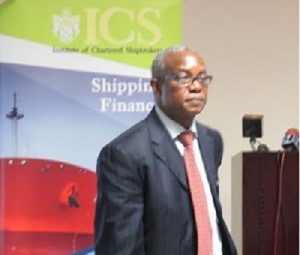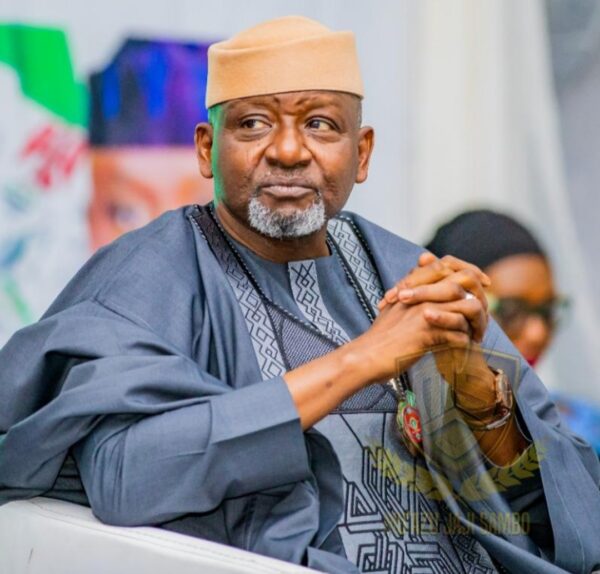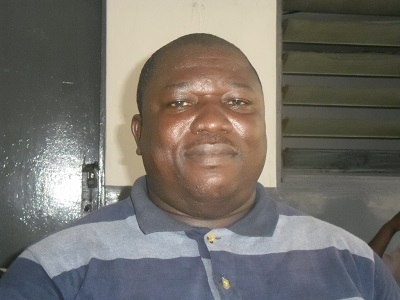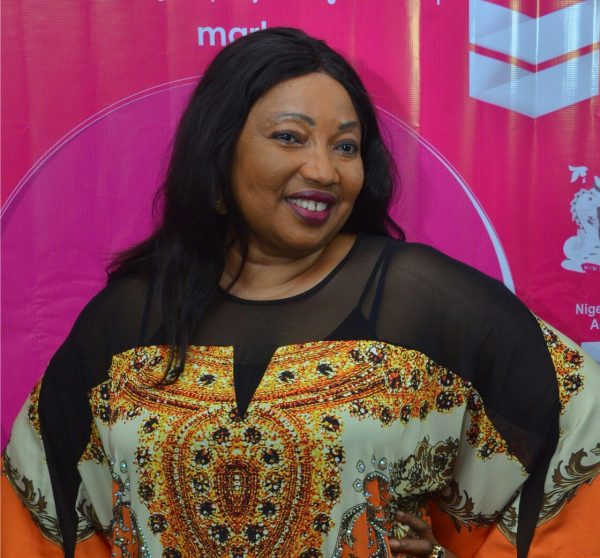The Role of Capacity Development in Commercial Shipping

Captain Sam Olarewaju is the Chairman of the Nigerian Chapter of the Institute of Chartered Shipbrokers, London. He is an international ship broker and a marine consultant with over three decades eprience in the shipping industry. In this exclusive chat with MMS Plus, he shares his views on several pertinent shipping issues. Read on…
Excerpts:
The maritime industry is facing several challenges ranging from infrastructure to manpower, lack of vessels, etc. As a shipbroker, what is your perception of the industry, the challenges and how do we resolve them?
Before I delve into that, there is something very important I want to let you know. The Institute of Chartered Shipbrokers in London now has a chapter in Nigeria and I am the Chairman. Now capacity building is very crucial to the sector because if you don’t train people, you will get shoddy business done. People who are well trained, people who are professionals are the ones who can deliver and they save you a lot of cost in the long run. So, capacity building is very vital and it has to be approached in the right manner. I have seen a lot of news stories about over 2,000 cadets being trained in Nigeria, but after the training where are they going to get the seatime experience because they must go onboard ships. How many ships can we put these cadets on? The maximum a ship can take as cadets is about four and when you have a training vessel, the most it can take is 50 cadets so how do we cater for these thousands of cadets?
A lot of people in our maritime world especially in commercial shipping don’t really understand what they are doing; they just try and try until they get to a certain level. However, it is very important for anyone who wants to make a career out of something, to have good knowledge about it. At the institute, we have several programmes for different level of students. For someone who has no knowledge about shipping, he has to do the course titled ‘understanding shipping’ to learn the rudiments in shipping.
We have several training packages to suit the capacity of each individual. At the moment we have a training package in place for the Nigerian Shippers Council (NSC). We look around to see the needs of various categories of people and we create a package for them. That is what we did for the Shippers’ Council. When those who are involved in shipping fully understand their profession, the industry will be better, the nation will be better and the individual will also benefit.
Capacity building can be achieved through thorough training and asking the right people to do the training.
What is the Institute doing to guarantee the pertinent seatime for Nigerian cadets?
I am a master mariner. I worked at sea for over 20 years before I went to Shell to work in their marine outfit. Seatime is needed for those who want to work onboard ships as officers, engineers, etc. but for people, who want to study commercial shipping, the Institute of Chartered Shipbrokers in London is the only international recognized body to train people for commercial shipping and you don’t need seatime for this. You can even study the courses online and go for tests and examination. At the fresher who knows nothing about shipping, you will have to do two foundational courses to become a member and you will also have to do more courses as you advance.
You mentioned that Institute of Chartered Shipbrokers in London was going to train the staff of the Nigerian Shippers’ Council (NSC). Is it a partnership?
The Council recognized the need to develop the capacity of its staff and they approached the Institute in London, so we packaged the courses that the staff will need to grow. They will be trained here in Nigeria. It is not exclusive to the shippers Council, anybody or company can approach the Institute for such trainings too. Once you give us the background of your staff, it is our responsibility to come up with the requisite programme that will benefit them and enhance their performance on their jobs.
Where is the office Institute of Chartered Shipbrokers in Nigeria, and how much has the Nigerian chapter developed?
We initially tried to bring the Institute to West Africa because of our members but we couldn’t until a company in Ghana was able to bring a West African branch for us about six (6) years ago. We had the 5th Annual General Meeting (AGM) and at the AGM I was appointed as the Vice Chairman of the West African Sub-region and the Chairman of the Nigerian chapter. So we are relatively new in Nigeria but we have two offices; the headquarters in Alagbado, Lagos and a branch office in Port Harcourt, Rivers state. We want to grow fast in Nigeria because we have bigger membership strength in Nigeria when compared to Ghana. We have been visiting some bodies to collaborate with them to move shipping forward. Those we have visited really liked it. The last body we visited was the Maritime Arbitrators Association of Nigeria (MAAN) and they were really impressed. We are focused on transforming the shipping industry in Nigeria.
What is your appraisal of the current state of the nation’s maritime sector?
The maritime industry is in a stage I will refer to as the comatose stage. Look at the Cabotage, we had it on a platter of gold yet we never implemented it. We cannot allow the industry to continue the way it is going now because we are set to lose a lot. The Cabotage has to work because it is working in other place like America, thus we have be serious about the Cabotage. The foreigners are actually dealing us, the government has to assist the indigenous ship owners. Ships are very expensive, so ship owners should be encouraged and supported. The nation cannot do with a national carrier. 87% of international trade comes through shipping and Nigeria accounts for 77% of the cargo throughput to Africa comes to Nigeria, yet foreigners keep dominating because we don’t have ships. It is also time for us to quit forming fragmented bodies to for personal interest but come together and put the interest of the nation first.
By Kenneth Jukpor







